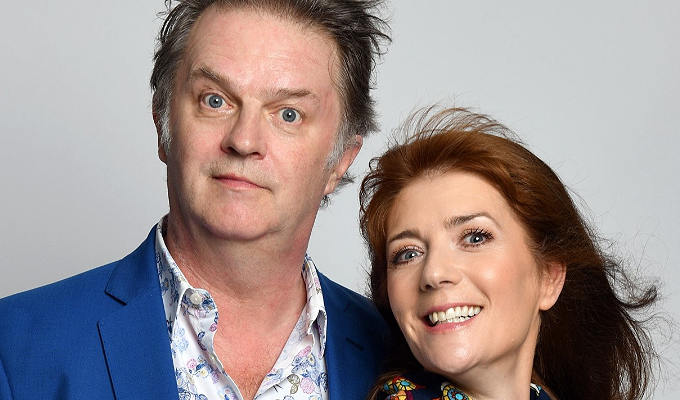This research into sarcasm is really important
Older people don't get the joke
Older people are not as good at getting sarcastic jokes, because they take the statements too literally.
That’s the result of new research conducted by the University of Aberdeen.
Scientists who worked on the project say it could be because the over-65s tend to have a more positive outlook on life and don’t want to hear the often derogatory intent of sarcasm.
In the study, published in Developmental Psychology, older adults were shown examples of conversations such as the one below between people and asked them to judge whether the exchange was sarcastic or not.
Professor Louise Phillips, who led the team, said: ‘Until now, no one has looked at how older adults interpret sarcasm, and specifically, if they can flip the literal meaning to understand the intended meaning. So, we are interested in finding out how whether our ability to understand other people’s intentions changes as we age.
‘For example, if someone says “I see you’re on time as usual”, this could literally mean what it says. Or, there might be a sarcastic intention.
‘Deciding which way to interpret the statement depends on the context, and also the speaker’s tone of voice and facial expression. How this is interpreted can obviously affect the outcome of the conversation and ultimately determine how relationships develop.
‘We found that older people were worse at detecting sarcasm and more likely to take the literal meaning than both younger and middle-aged adults. This difference could not be explained by misunderstanding the conversation or memory difficulties.
’However, in some situations it might be a good thing to misinterpret sarcasm, given that it can sometimes be considered nasty or derogatory. Older adults are known to have a more positive outlook on life than younger adults and this may contribute to their failure to pick up on sarcastic undertones.’
Published: 12 Jan 2016






